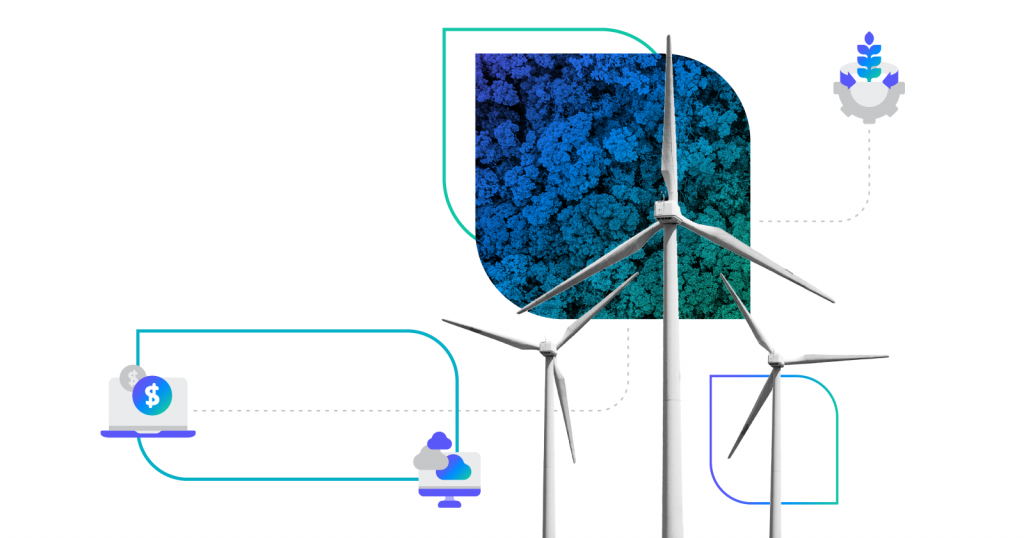The conversation around ESG continues to flourish, and the secured lending industry is at the heart of it. Finance providers around the globe have a growing responsibility to introduce ESG strategy into their business and to support their customers in offering products that can also help them to meet their ESG goals at the same time. What is ESG, you ask? You can learn more about it and its relevance to lenders in our previous blog.
There are a number of reasons why ESG should be central to your business strategy. This 6-part blog series will cover why considering ESG is important, and how it can set you up for long term success. In this blog, we’ll explain how ESG can support you in achieving higher profits in the long run.
Meet consumer expectations
It is a well-reported fact that the public care significantly about the types of business they support. They want to work with companies that align with their values – and for a lot of customers, especially Gen-Z and Millennials, sustainability is one of the top priorities. A study by The Harvard Business review found that 65% of consumers wanted to buy from brands that advocate sustainability.
Businesses that are already operating with ESG principles in mind are reaping the rewards. According to Moore Global, companies who focused on ESG between 2019 and 2022 had an income rise of almost 10%, which was more than double than those who did not. This suggests that consumers are genuinely doing business with ESG-led companies, and are happy to spend more money for those who focus on sustainability.
Happier staff lead to more productivity
If your business focuses on ESG, the data is there to back up the fact that you could have better employee retention. A report by Marsh & McLennan found that companies with the happiest staff had 14% higher ESG scores than the average, due to Millennials and Gen-Z having a much stronger opinion on ESG.
When staff work for a company that values them and their morals, they are more likely to stay in post longer, have higher quality work and be overall more productive. This means that your business can be much more profitable, with more experienced staff that can carry the business to success.
Lower costs means higher profit
ESG in the lending industry is not just about the assets you finance. These principles should be carried through the entirety of the business and how you operate on a day-to-day basis. Offering hybrid or remote work, for example, could be a great way to benefit both your staff and your pockets, as less staff in the office means less energy consumed. On a longer term basis, investing in cleaner, renewable energy such as solar panels can have a high upfront cost, but in the long run save money and address the environmental element of ESG. Even making changes to the office, such as more efficient heating, can have a big impact on both the environment and your bottom line.
How can we help?
Solifi Open Finance Platform will support your journey into boosting ESG profits with flexible, configurable technology that can be built to suit your needs. As you follow the path of ESG, you can select the features you need to ensure a smooth and simple transition into new products and new ways of doing business.
Managing Environmental, Social, and Corporate Governance with SaaS
Read part 1: ESG: How to boost your profits
Read part 2: ESG: Addressing Scope 3 emissions
Read part 3: ESG: The importance of reporting
Read part 4: ESG: Supporting sustainability with the circular economy
Read part 5: ESG: A chance to explore new opportunities
Read part 6: ESG: What does the future hold?
